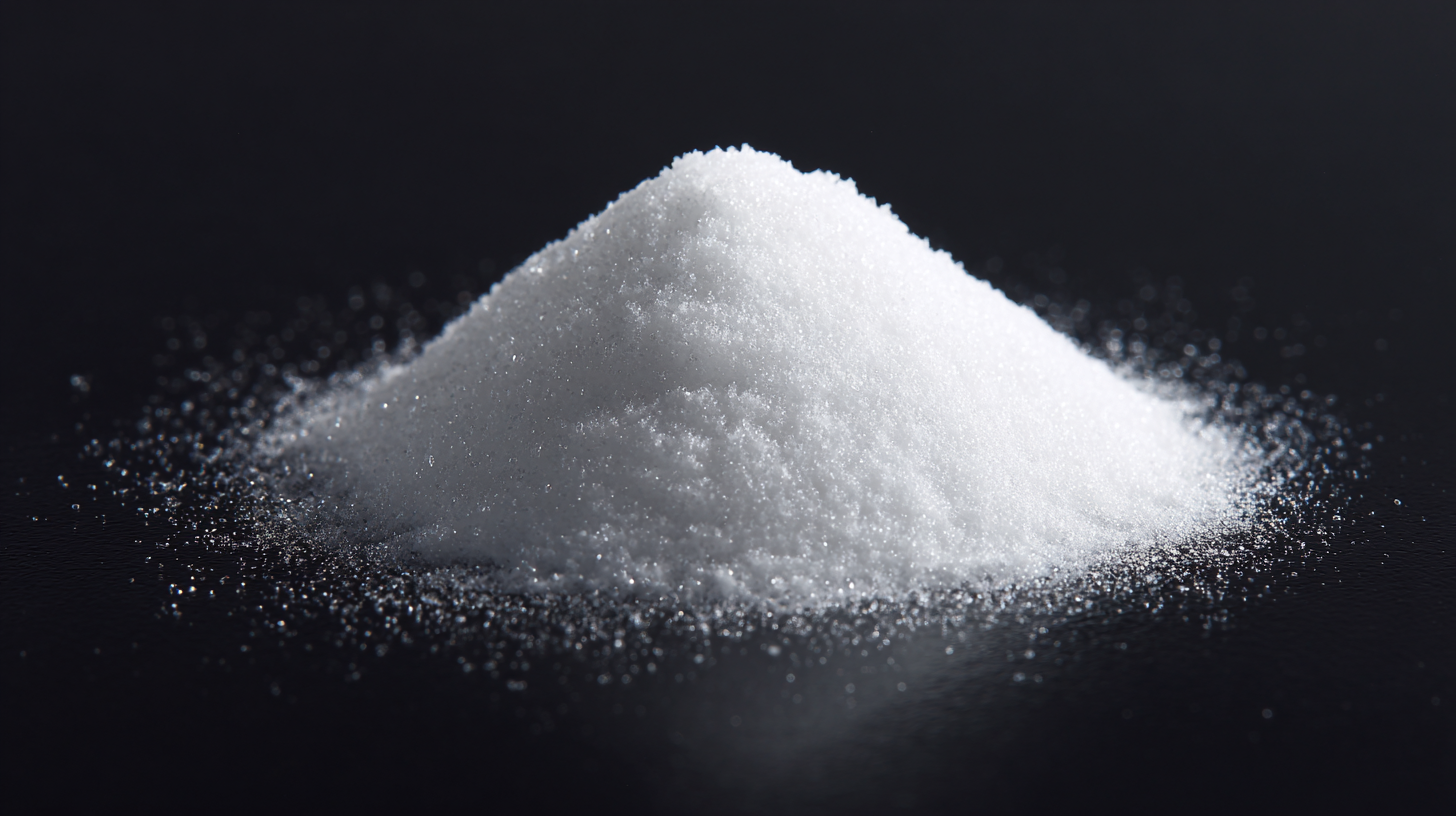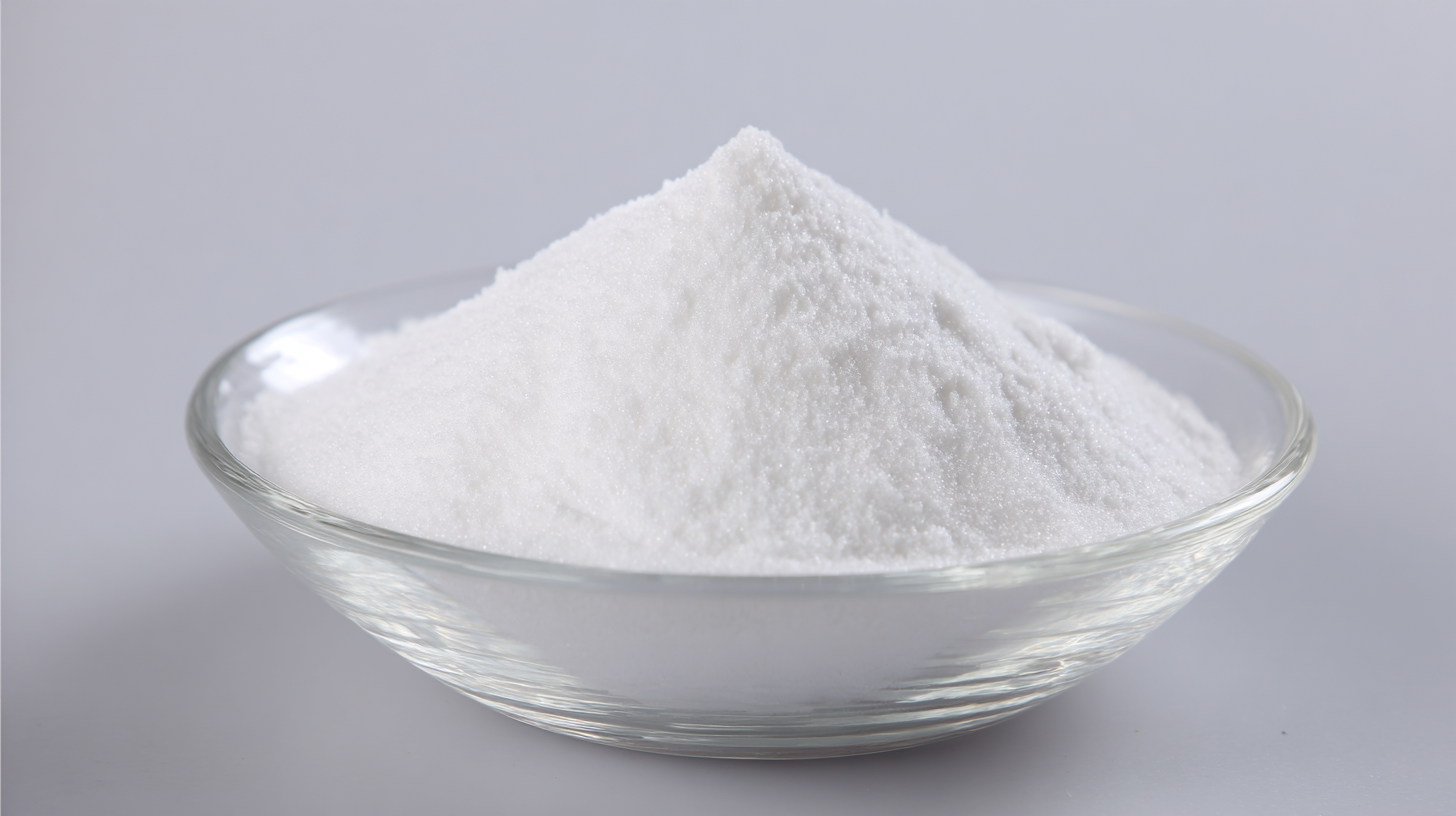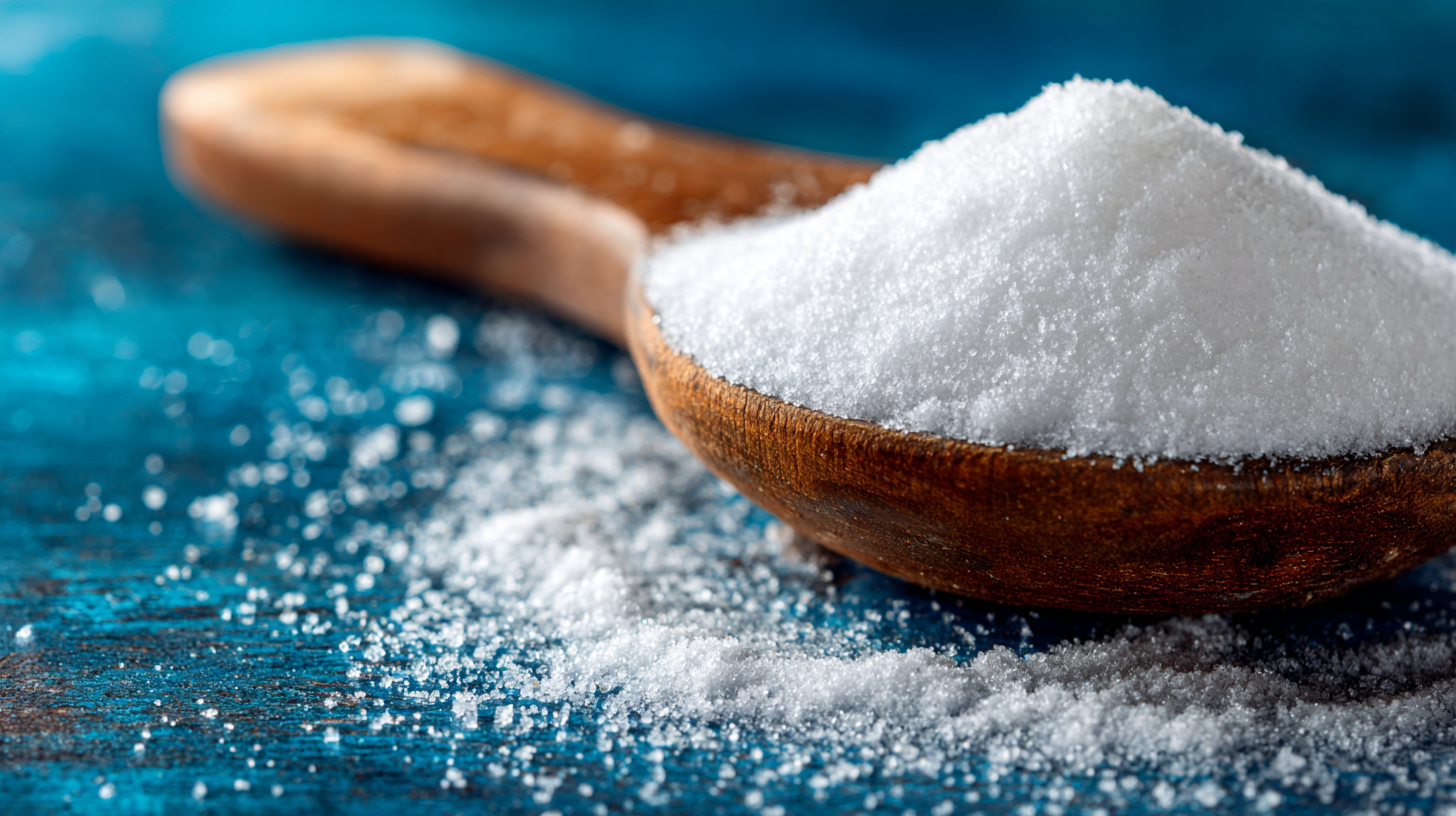In today's increasingly interconnected world, expanding into global markets presents a wealth of opportunities for businesses, particularly in the agricultural and chemical sectors. One such product that has gained significant attention is Potassium Bisulfate, a versatile compound known for its applications in fertilizers, food processing, and various industrial processes. As companies look to enhance their export strategies, understanding the importance of industry-specific import and export certifications becomes crucial. These certifications not only ensure compliance with international standards but also build trust with consumers and partners. With China being a leading manufacturer of Potassium Bisulfate, it is essential for businesses to navigate the complex landscape of global trade effectively while capitalizing on the high-quality products offered. In this blog, we will explore the significance of Potassium Bisulfate in global markets and the vital role that proper certification plays in facilitating successful international trade.

Potassium bisulfate, a critical compound in various industries, serves as an effective acidulant and a source of potassium. Its applications in agriculture, food processing, and chemical manufacturing are increasingly recognized globally. According to a recent report by Market Research Future, the global potassium bisulfate market is projected to reach USD 2.5 billion by 2025, growing at a compound annual growth rate (CAGR) of 6.8% from 2020. This growth is driven by the rising demand for high-quality fertilizers that improve crop yields and meet sustainable agriculture goals.

One of the key benefits of potassium bisulfate is its dual role as a potassium source and acidulant, which enhances nutrient absorption in plants. Studies indicate that its application can boost potassium availability in the soil by up to 30%, significantly benefiting potassium-deficient crops. Furthermore, its less corrosive nature compared to traditional fertilizers makes it a safer option for both farmers and the environment, aligning with the increasing global focus on sustainable farming practices. As manufacturers in China continue to innovate and improve the quality of potassium bisulfate, businesses worldwide can seize the opportunity to upgrade their offerings and cater to the growing market needs.
 Quality control is paramount in the production of potassium bisulfate, especially when sourcing from
China, a leading global supplier of this essential chemical. Chinese manufacturers adhere to
strict quality control standards that ensure the safety and effectiveness of potassium bisulfate. These standards include rigorous testing for purity, consistency,
and the absence of harmful contaminants, which are crucial for industries ranging from agriculture to food processing.
Quality control is paramount in the production of potassium bisulfate, especially when sourcing from
China, a leading global supplier of this essential chemical. Chinese manufacturers adhere to
strict quality control standards that ensure the safety and effectiveness of potassium bisulfate. These standards include rigorous testing for purity, consistency,
and the absence of harmful contaminants, which are crucial for industries ranging from agriculture to food processing.
The production process involves using high-quality raw materials and advanced technologies, allowing manufacturers to maintain
uniformity in product quality. Regular audits and certifications from global quality assurance organizations further reinforce the reliability of Chinese potassium bisulfate.
Additionally, many manufacturers are adopting sustainable practices to minimize environmental impact while maximizing product efficacy, positioning them as responsible
suppliers in the global market. By choosing potassium bisulfate made in China, businesses can leverage these quality control measures
to enhance their operations and meet their market demands effectively.
Potassium bisulfate, often hailed for its versatility, is a key component across various industries, showcasing its impact on manufacturing and agriculture. In the chemical industry, it serves as an effective pH regulator, enhancing product stability and performance. In cosmetics, potassium bisulfate is used in formulations for skin care and hair products, providing gentle exfoliation and improving product texture. Its unique properties enable it to act as a preserve, enabling longer shelf life for beauty products without compromising quality.
In agricultural applications, potassium bisulfate plays a crucial role as a fertilizer. It not only supplies essential potassium but also sulfur, vital for plant health and growth. This combination supports improved crop yields and quality. Furthermore, it is environmentally friendly, making it an attractive option for sustainable farming practices.
Tip: When selecting potassium bisulfate for your needs, consider sourcing products that emphasize purity and quality. This ensures optimum performance in your applications, whether in manufacturing or agriculture. Additionally, understanding the specific requirements of your industry can help tailor the dosage and formulation for maximum efficacy.
When considering cost-effective sourcing strategies for potassium bisulfate, businesses must recognize the significant advantages of partnering with manufacturers in China. According to a report by the International Fertilizer Association, potassium bisulfate’s global market is projected to grow at a CAGR of 6.3% over the next five years, driven by increasing demand in agriculture and industrial applications. Chinese suppliers are well-positioned to meet this demand due to their competitive pricing and efficient production methods, allowing companies to reduce their overall procurement costs while ensuring quality.
Sourcing potassium bisulfate from China not only offers price advantages but also provides access to high-quality products backed by ISO certifications and stringent quality control measures. A study from Market Research Future highlighted that the Chinese potassium bisulfate market accounts for over 30% of global production, emphasizing the country's central role in meeting international demand. By leveraging China’s capabilities, businesses can implement strategic sourcing that enhances their supply chain resilience and performance in the burgeoning global market for fertilizers and other potassium-based products.
When considering the importation of potassium bisulfate from China, understanding the regulatory landscape is crucial.
Different countries have specific guidelines governing the importation of chemicals, which can significantly impact your supply chain. It's essential to familiarize yourself with the local regulations that dictate safety standards, labeling requirements, and permissible concentrations for various applications. Engaging with local regulatory bodies and consulting legal experts can help ensure compliance, thus avoiding costly delays or penalties.
In addition to regulatory compliance, you'll need to navigate various logistical challenges involved in importing potassium bisulfate. This includes understanding customs documentation, tariffs, and transportation requirements.
Having a clear import strategy will allow you to optimize your supply chain while also reducing the risk of non-compliance. By prioritizing meticulous planning and staying informed about changes in regulations, businesses can enhance their global market presence and efficiently integrate potassium bisulfate into their product offerings.
